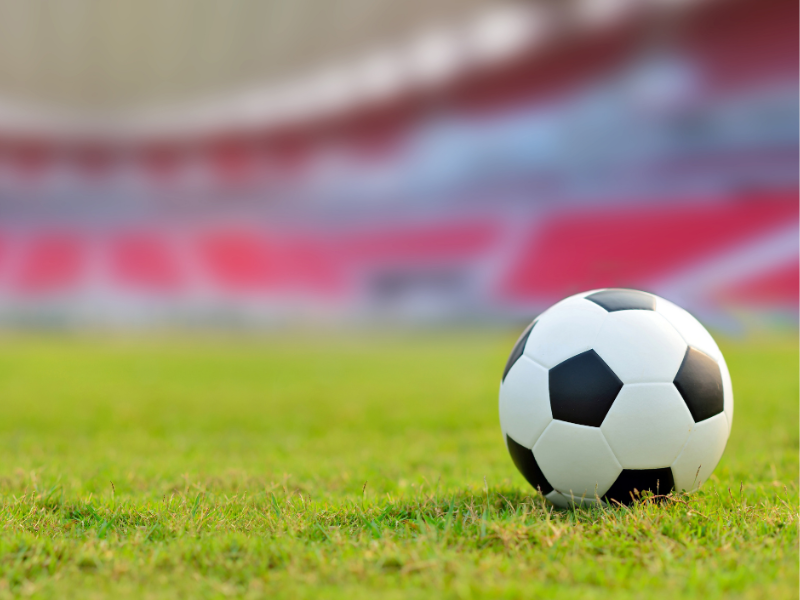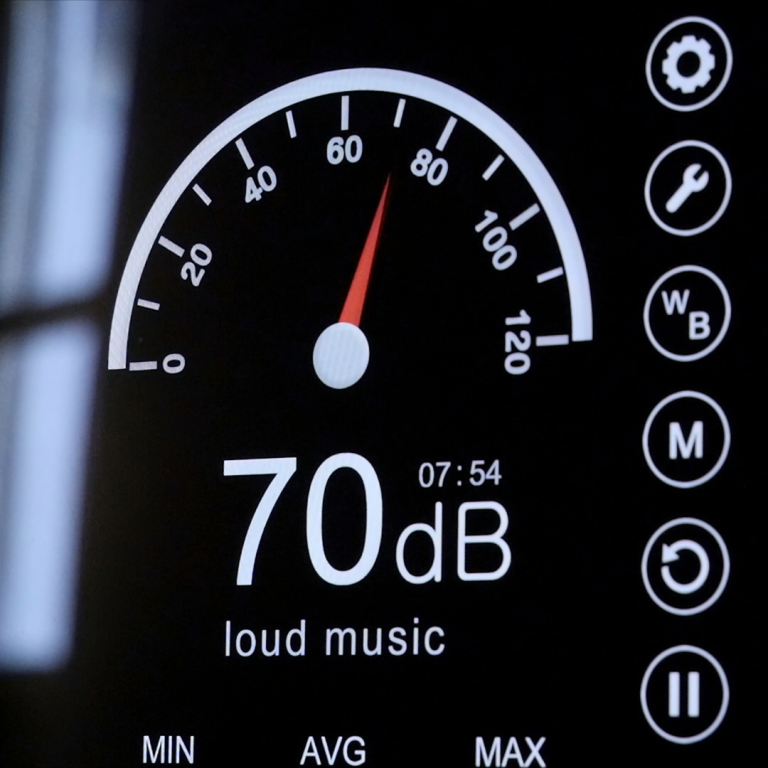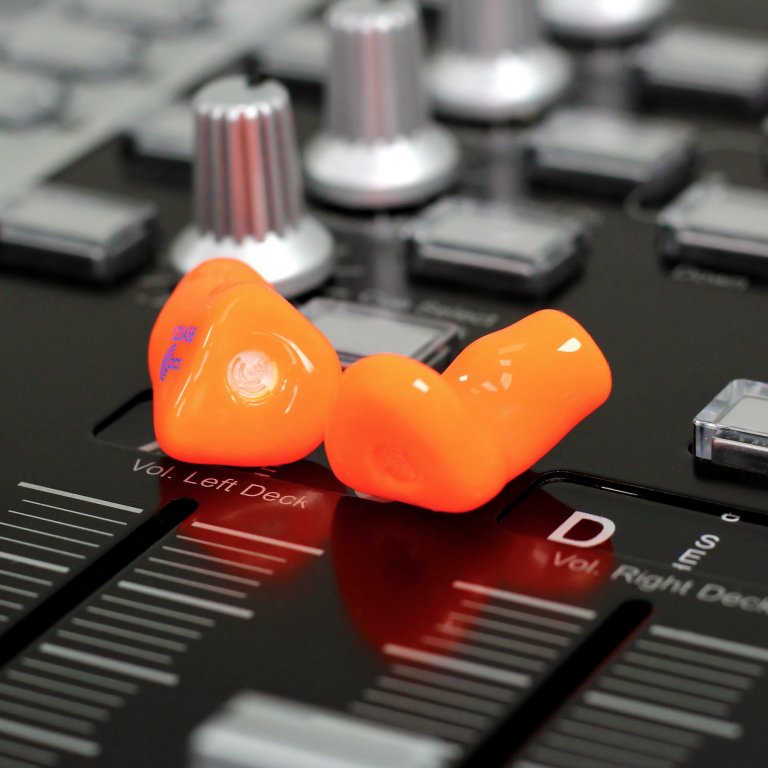Here are just a few sporting examples.
Shooting sports: Probably the most obvious choice, but did you know that a single gunshot can come in anywhere between 140-165 dB? That’s louder than an ambulance siren, a jackhammer and even a jet engine as it takes off! Whether you are spectating or taking part, hearing protection is a MUST.
Motorsport: Whether motorcycles are your thing, or you are a fond follower of the F1, anything with an engine (and a substantial amount of horsepower) equals loud. A fully revved racing car can reach up to 130 dB, and some motorcycles are even louder! So if you’ve been lucky enough to have secured weekend tickets for Silverstone this year, make sure you invest in some ear plugs.
Attending sporting events: Yes, even if the sport you are watching isn’t the loudest, we know just how loud sporting fans can get! Even 90 minutes in a crowd chanting ‘Sweet Caroline’ on repeat can rack up those decibels and have been recorded to reach up to 130 dB.
Tennis?: Well maybe a game of tennis won’t damage your hearing, but did you know one of the loudest tennis grunts recorded peaked at just over 100 dB?



